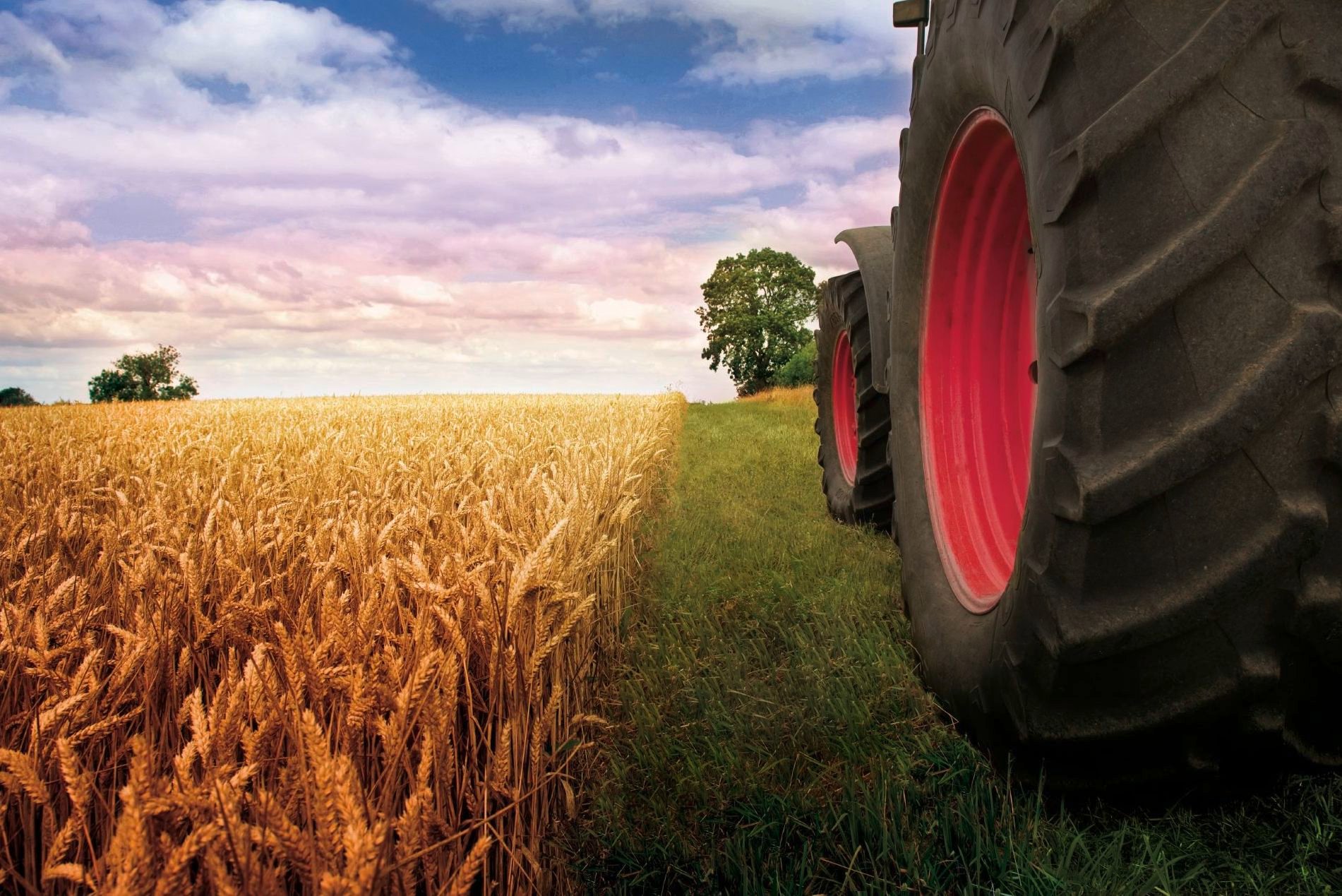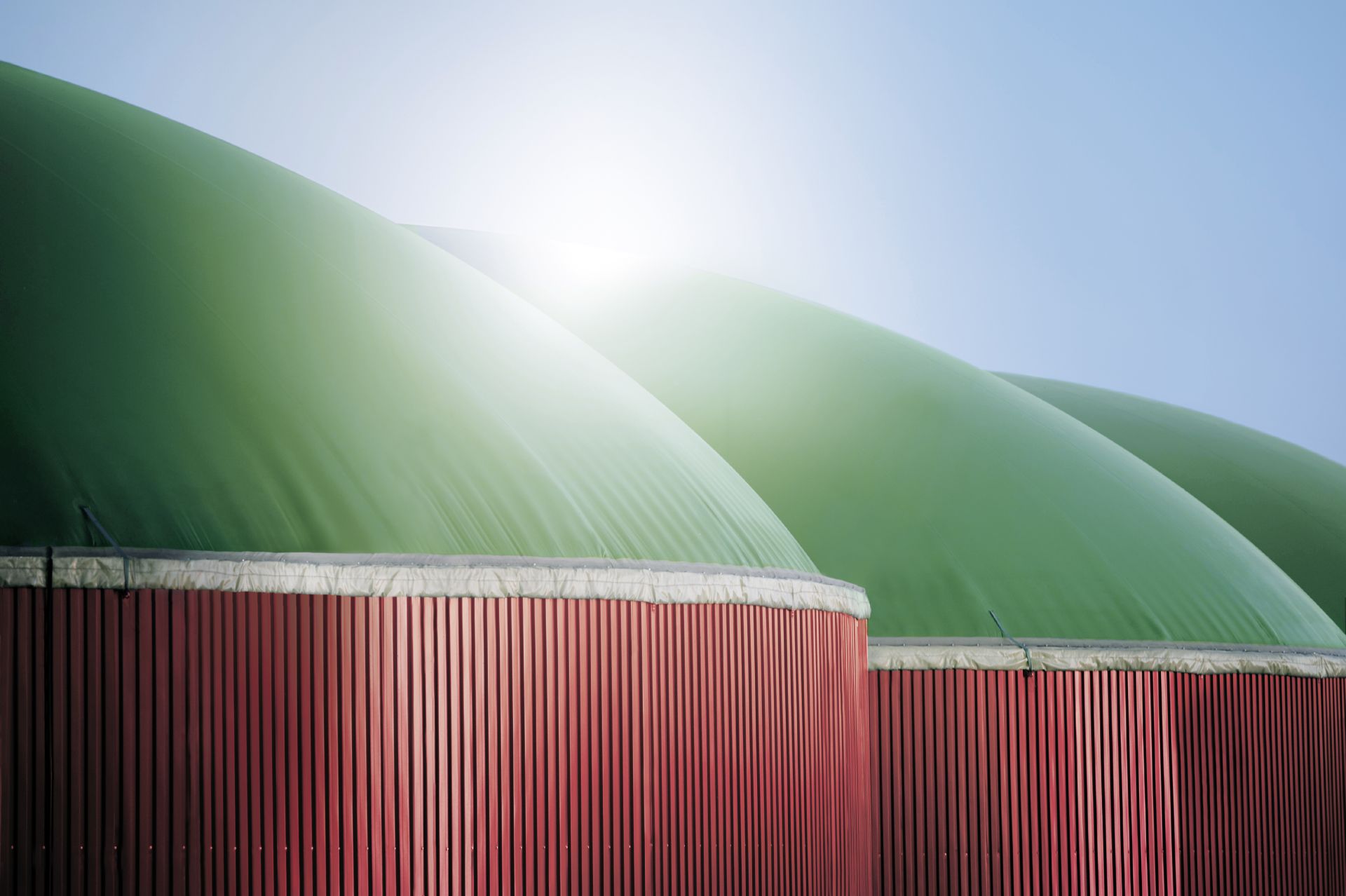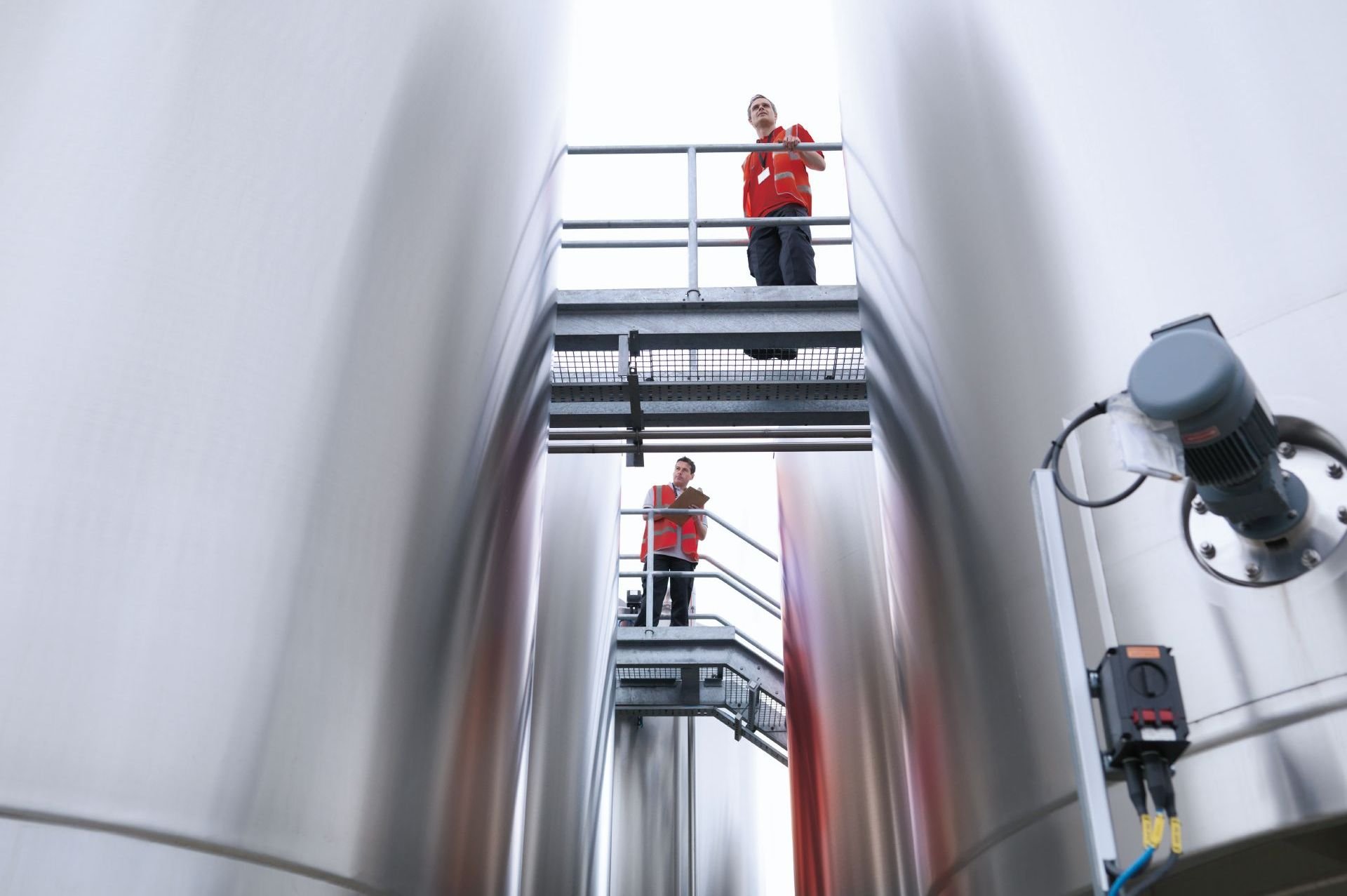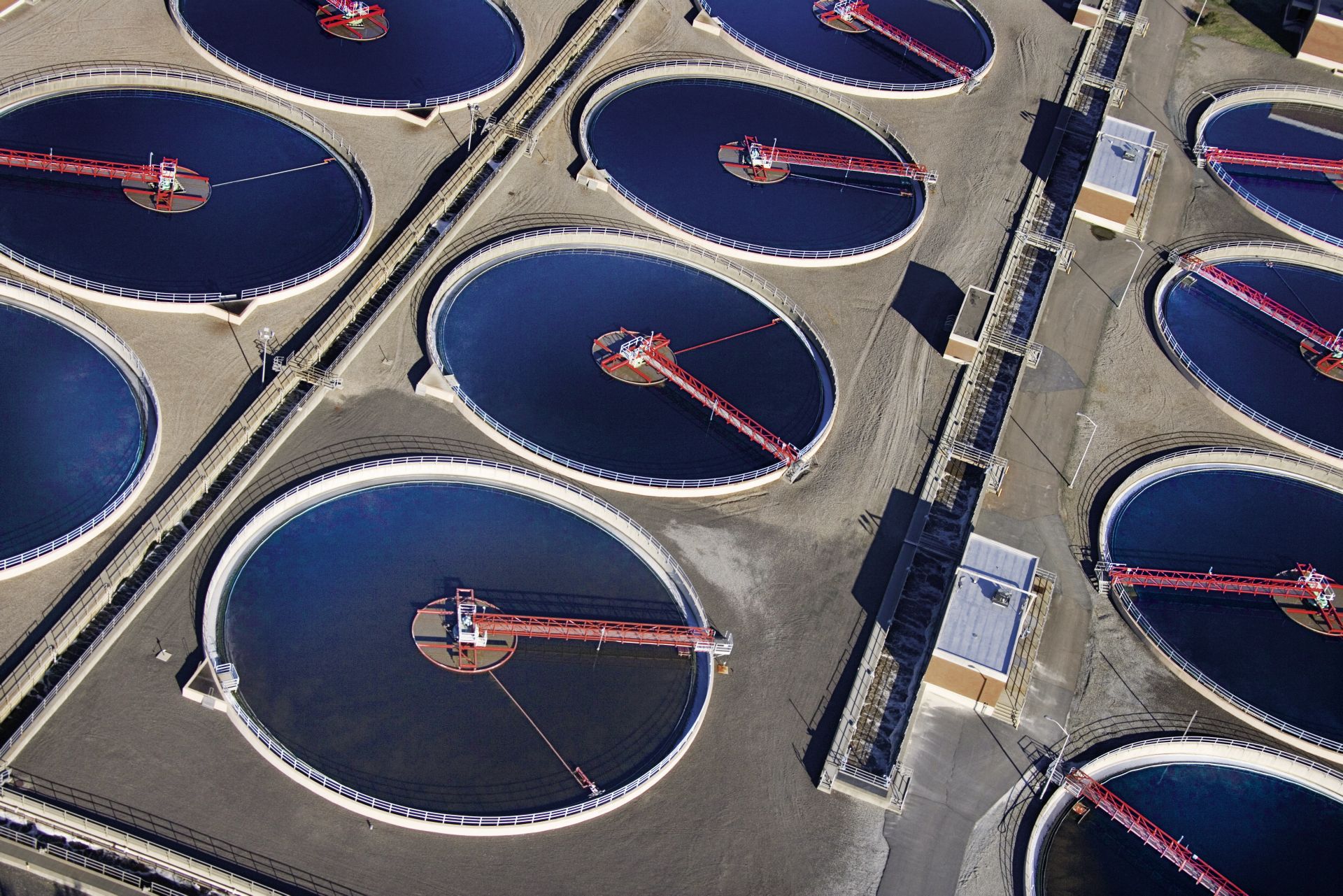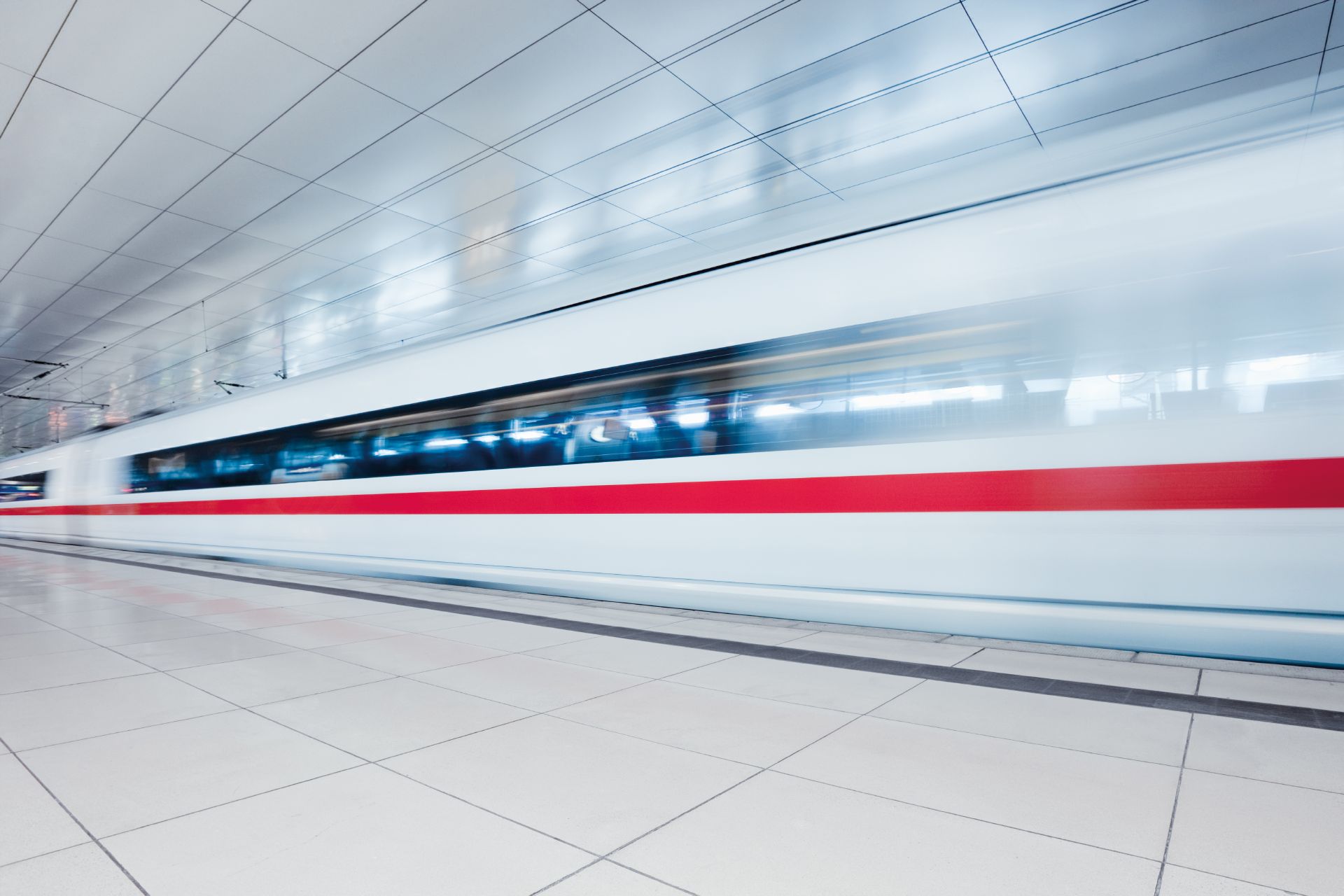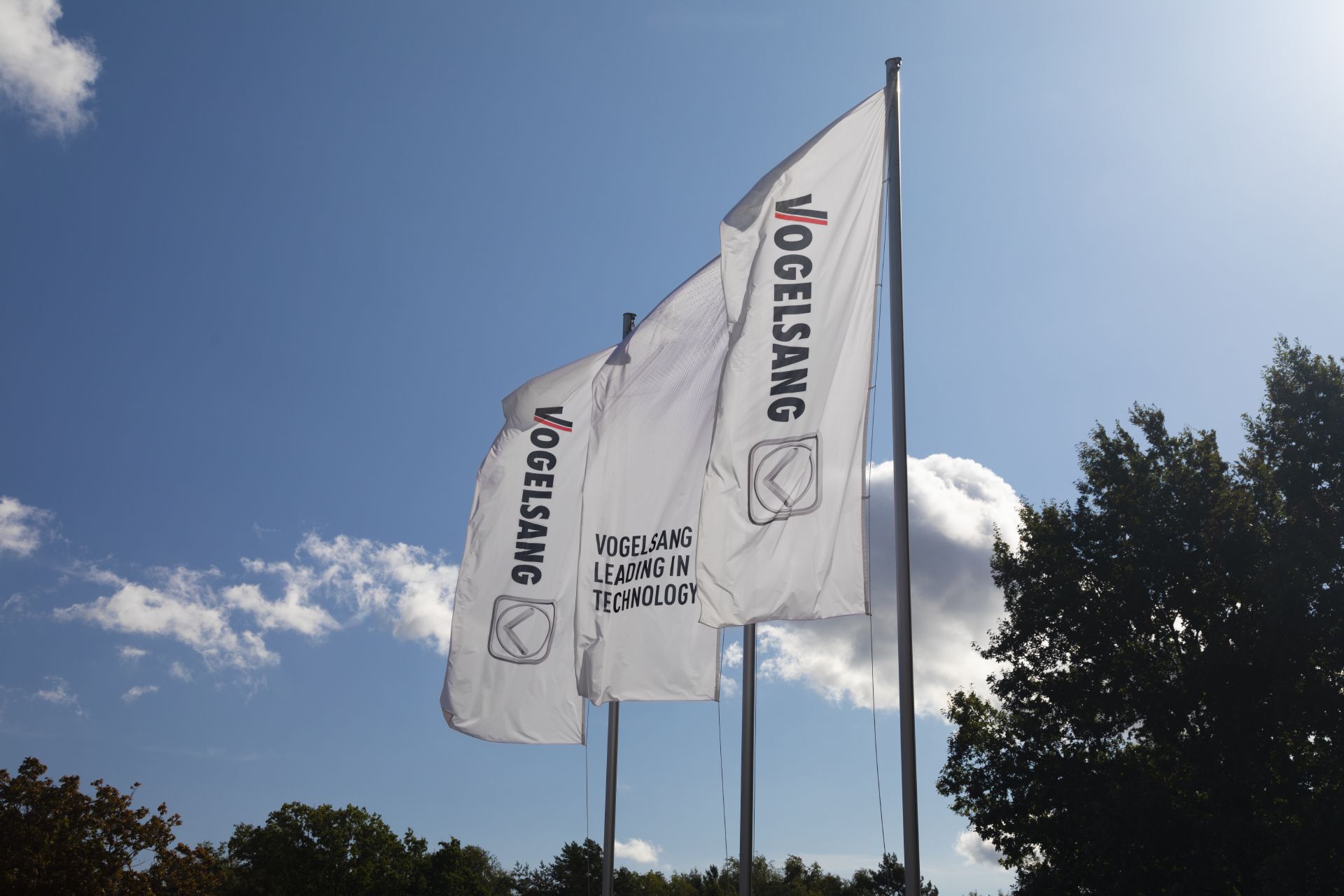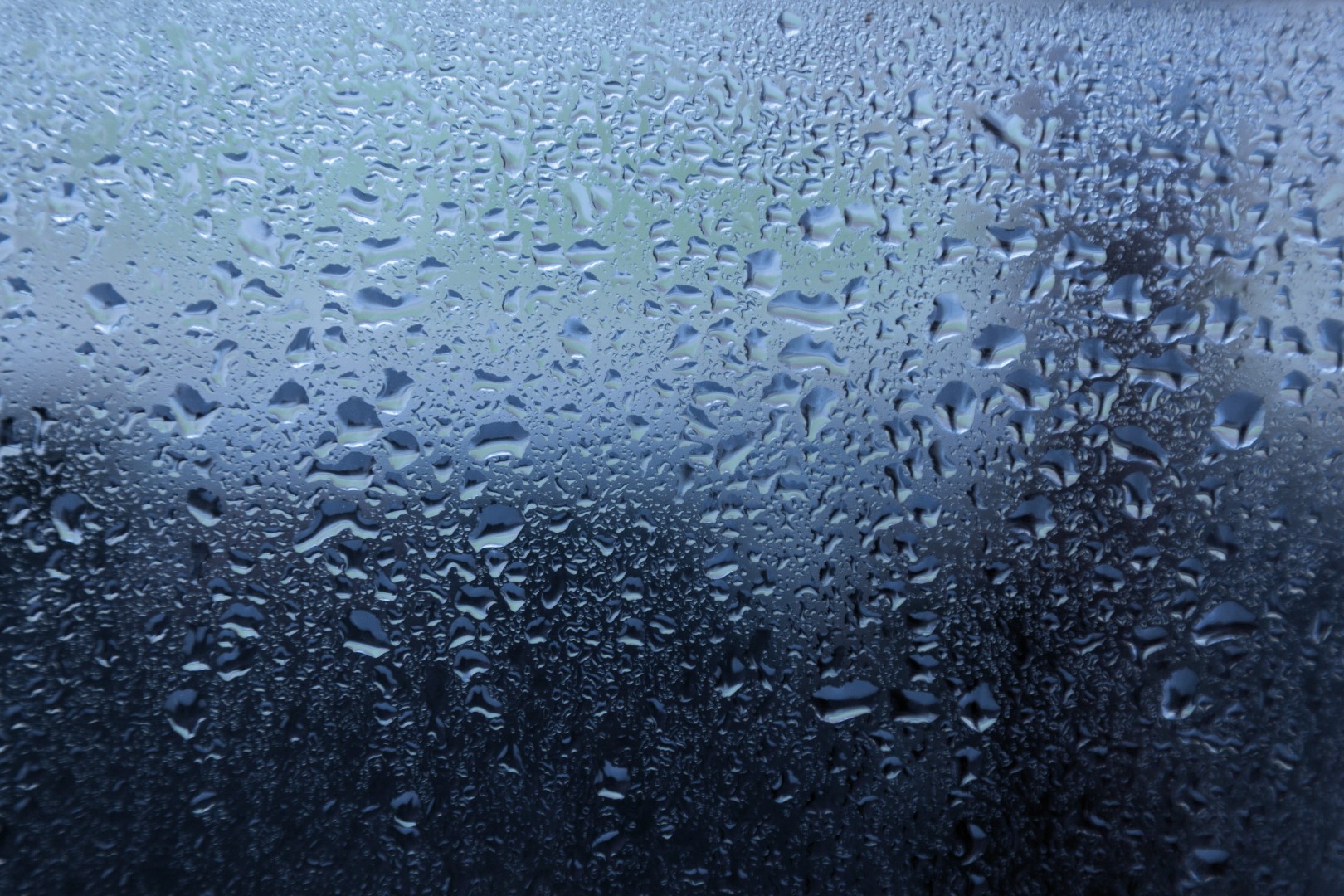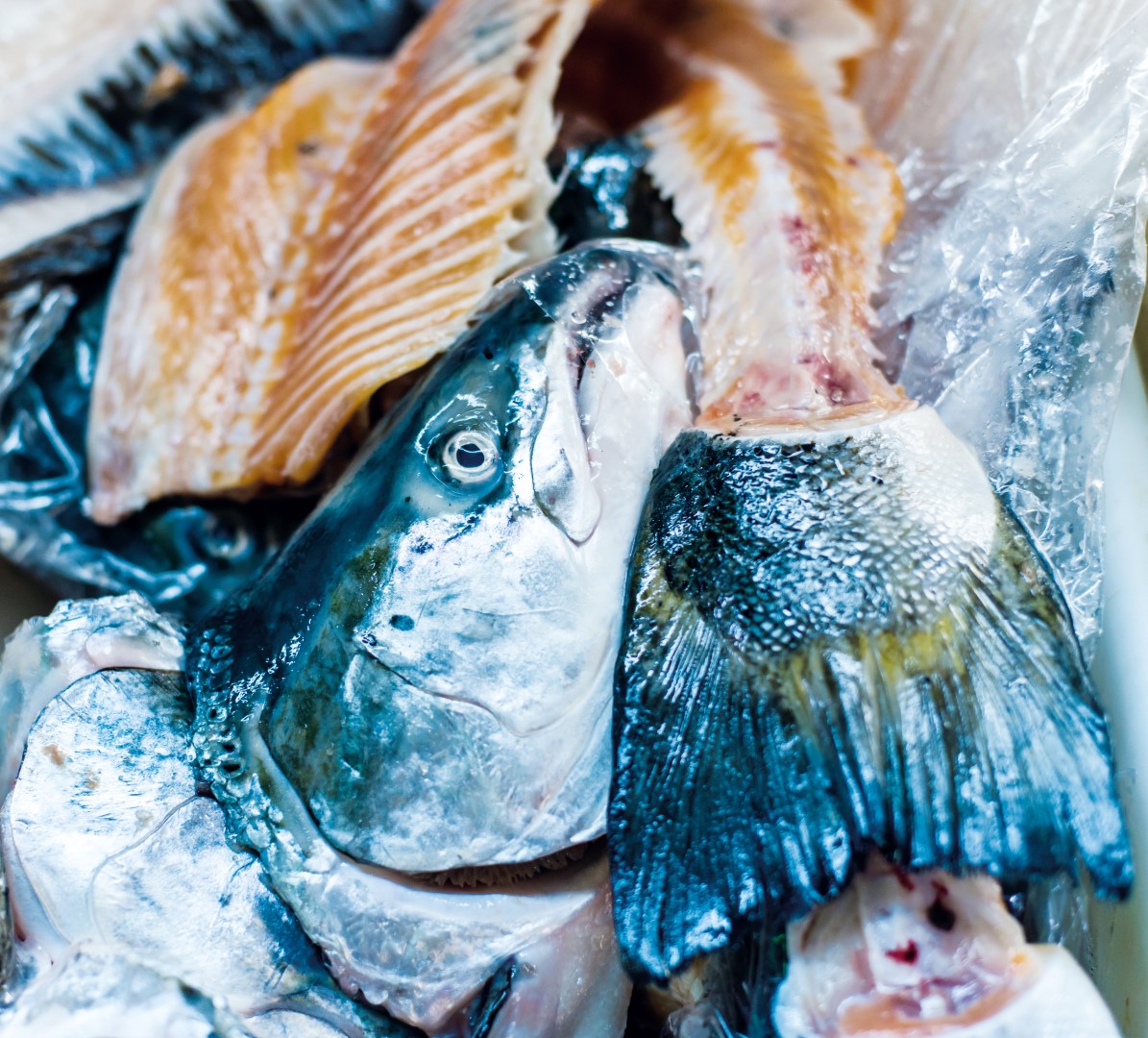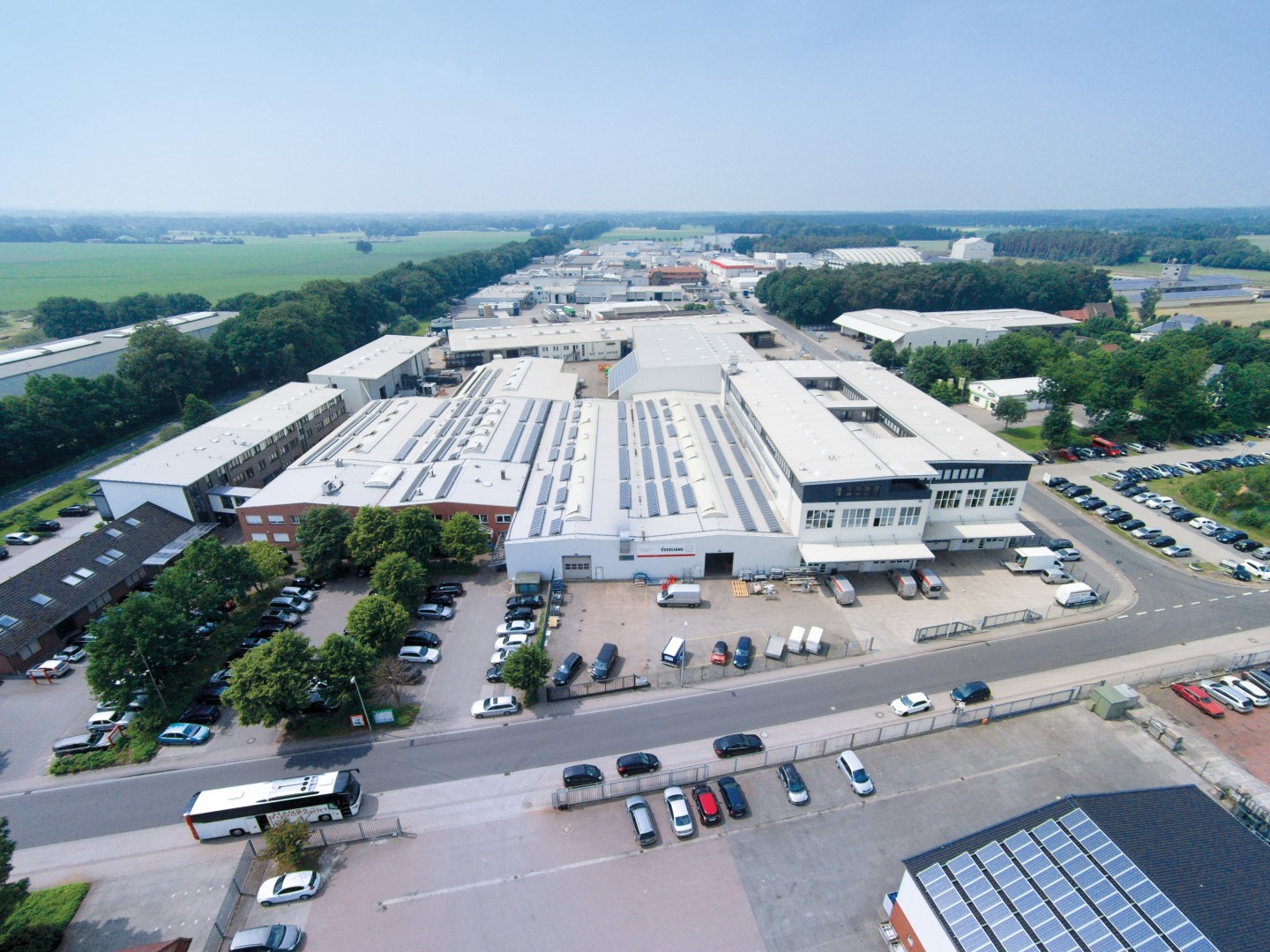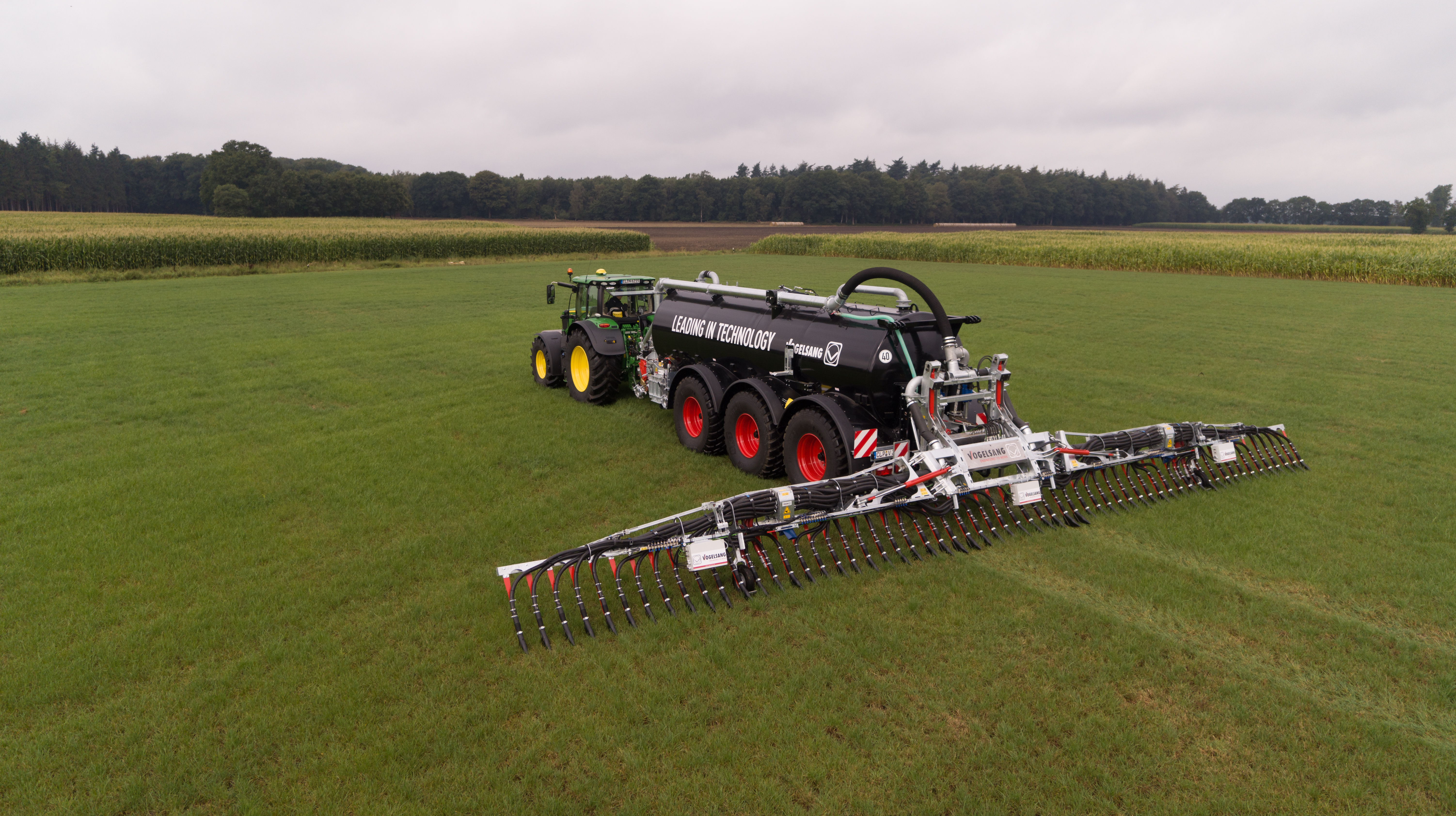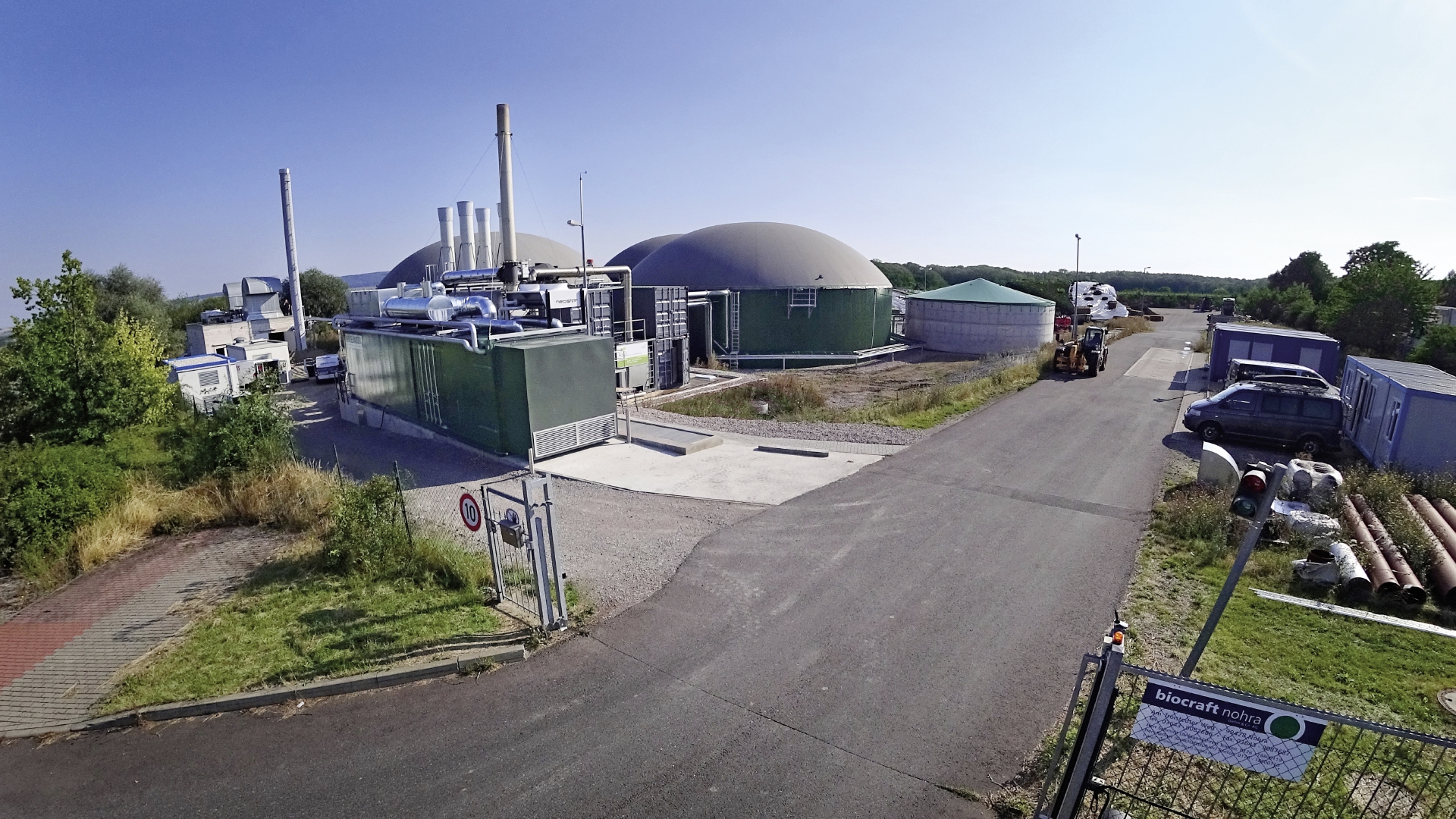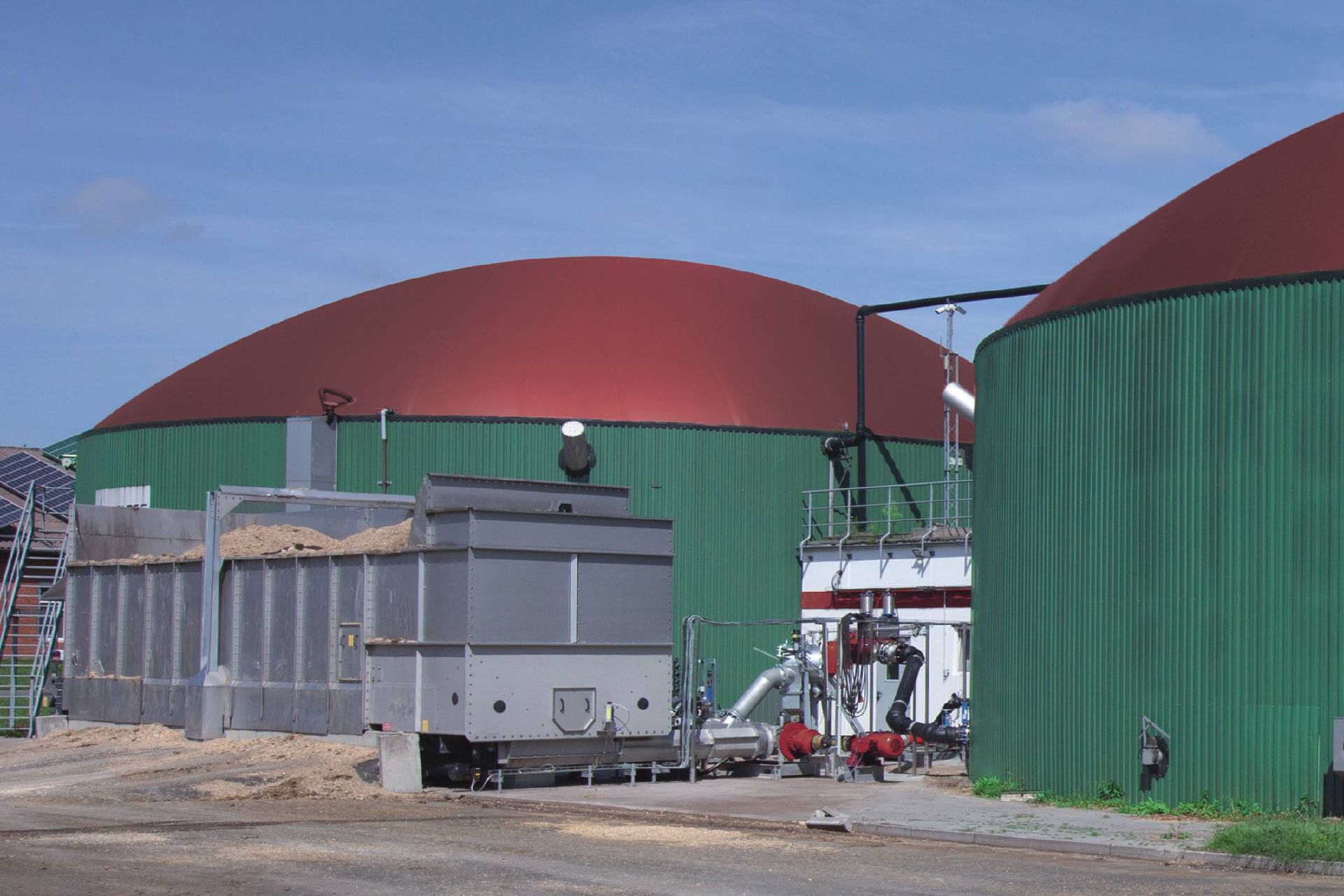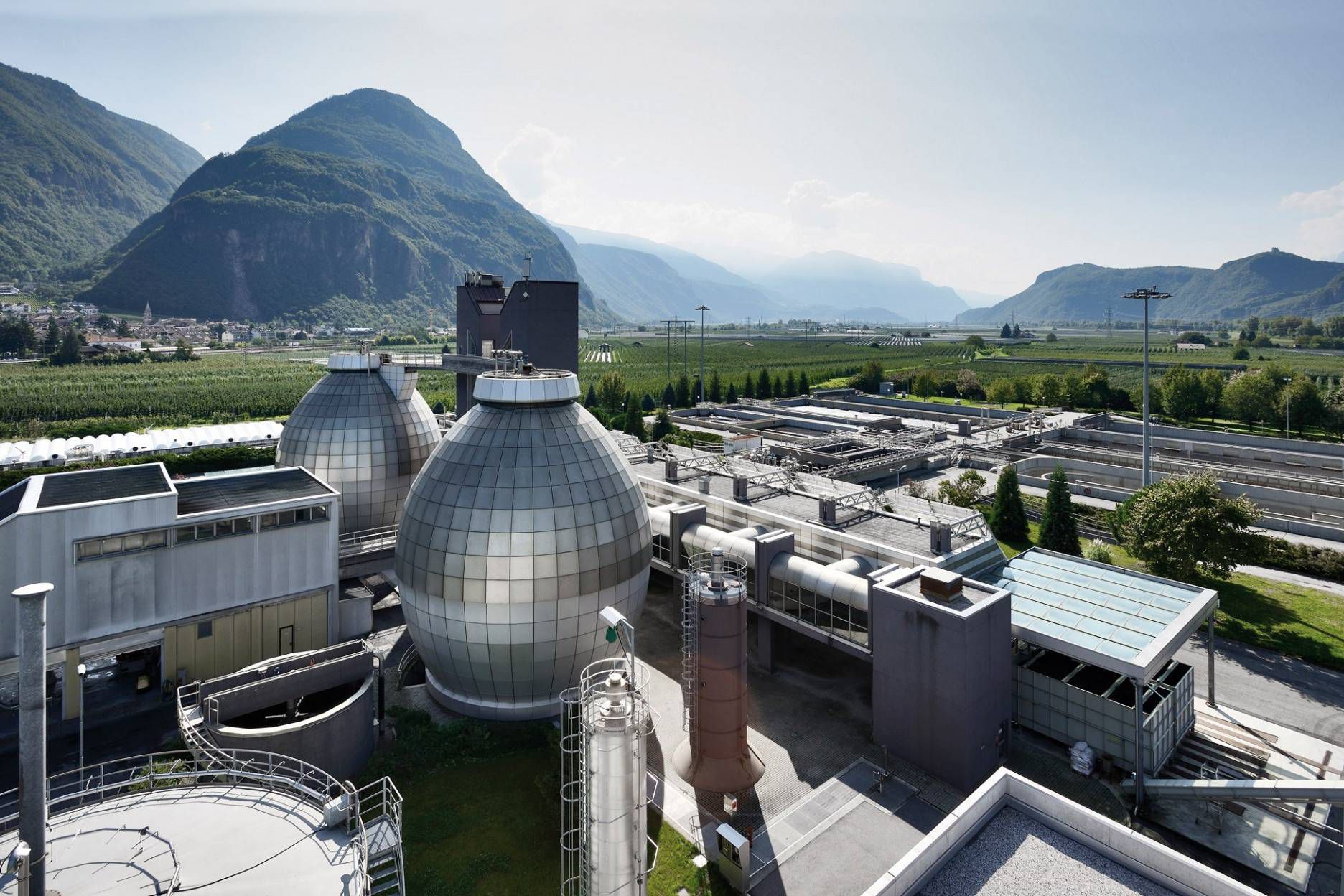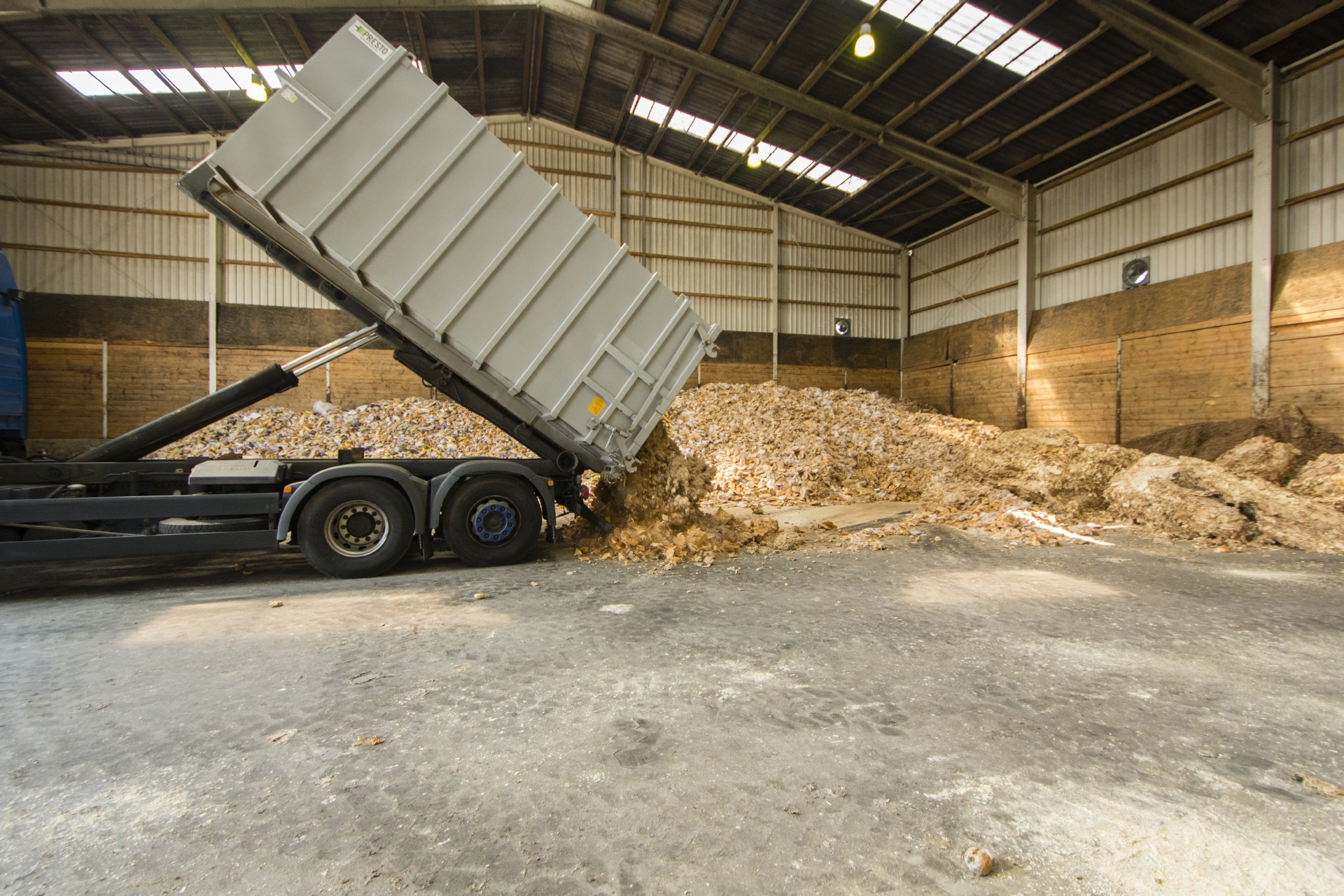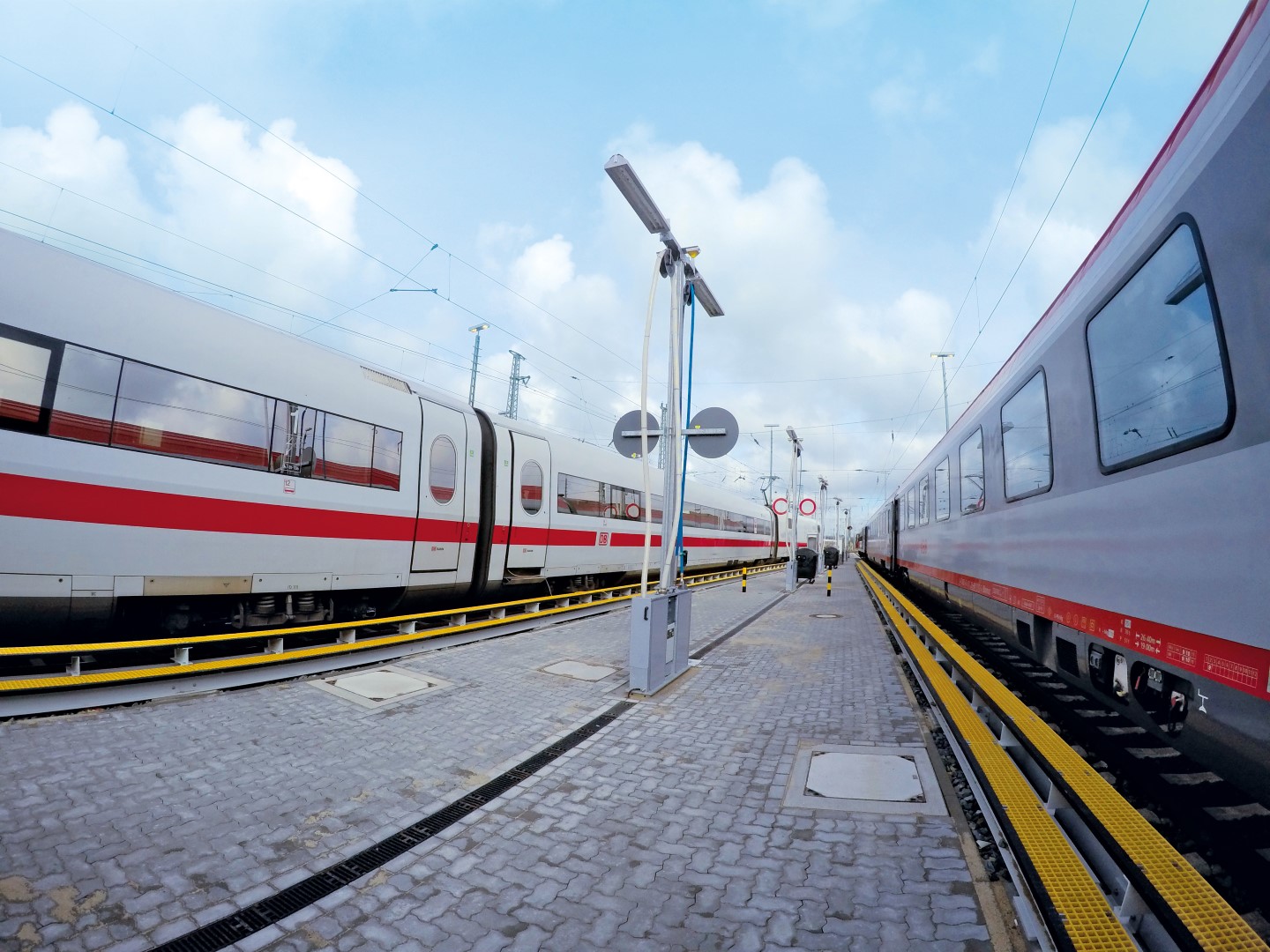Water 4.0
The digital revolution of waste water systems and its advantages
It’s known in Germany as “Industrie 4.0,” in France as “Industrie du future” and in the USA as the “Internet of Things (IoT).” Almost everyone has heard at least one of these buzzwords by now, and has a more or less accurate idea of what the fourth industrial revolution entails: Following on from mechanization, mass production and automation, we are now seeing an extensive computerization of production sequences and processes. The basis for this development is formed by structured, automated communication between people, machines, systems and logistics. The result will be a largely self-organized and flexible system that covers the entire value chain.
